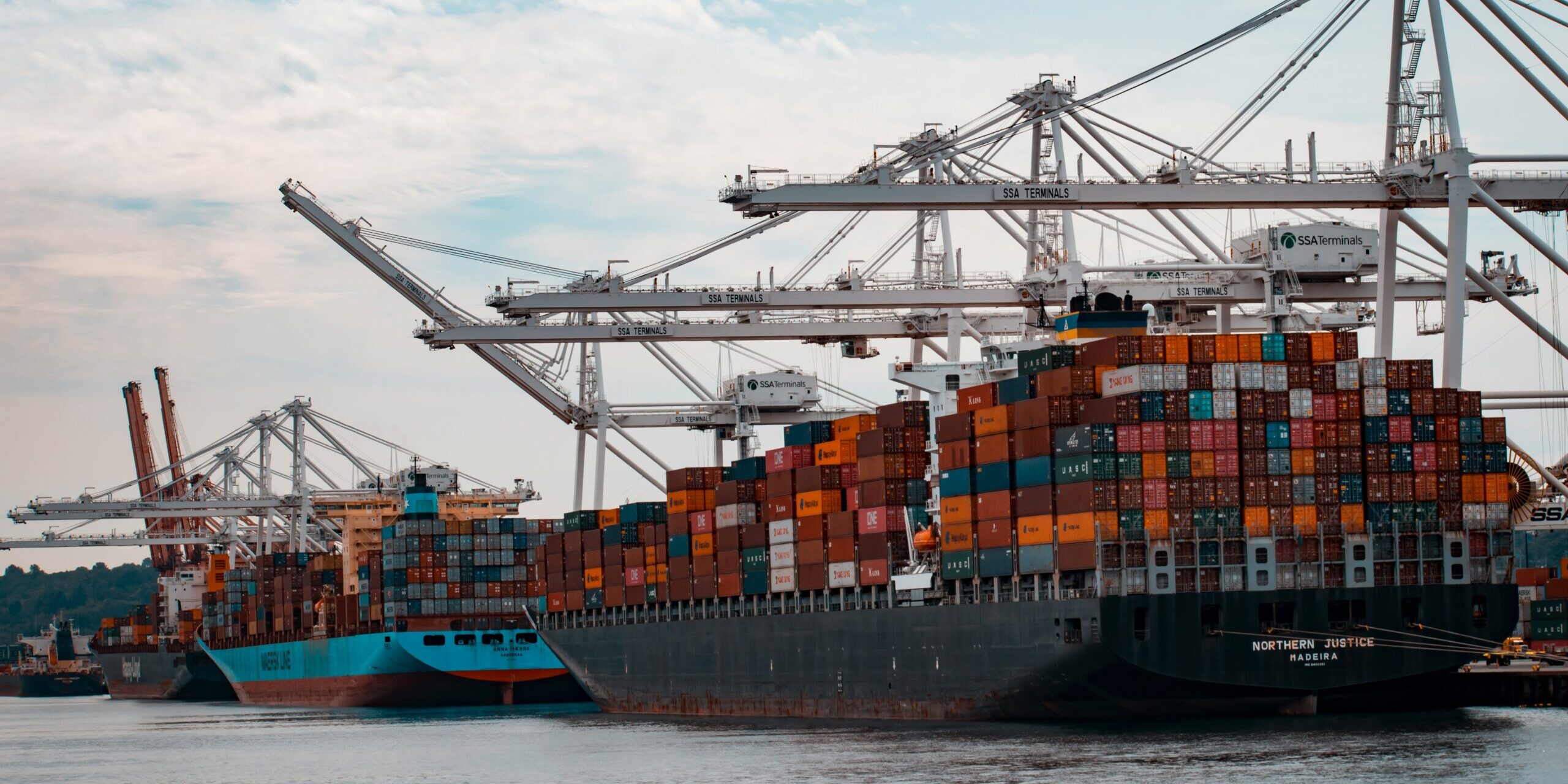In response to the increasing demand for faster and more cost-effective shipping, businesses across industries are redefining their delivery strategies. One notable trend is the shift towards utilizing independent contractors for transporting goods to consumers, a move that reflects a broader revolution in delivery logistics.
To address inefficiencies and optimize operations, transportation collaboration is emerging as a pivotal strategy in the supply chain domain. By pooling resources and sharing shipping lanes, companies are finding mutually beneficial solutions that drive financial savings and environmental sustainability.
Traditionally, companies operated in silos, each managing their own transportation routes and logistics. However, this approach often led to inefficiencies, with trucks traveling significant distances empty or with underutilized cargo space. Studies indicate that approximately 35% of miles traveled by U.S. truck fleets are empty, highlighting the need for a more collaborative approach to transportation.
Transportation collaboration involves multiple businesses partnering with a third-party facilitator to establish shared transit lanes based on complementary supply chain routes. This allows trucks to pick up and deliver goods for multiple companies along a single route, minimizing empty miles and maximizing cargo capacity utilization.
The benefits of transportation collaboration extend beyond financial gains. By working together, businesses enhance overall operational efficiencies, optimize routing and scheduling, and mitigate common delivery disruptions. Moreover, collaborative efforts contribute to reducing carbon emissions by eliminating inefficient or empty truckloads from the road, aligning with sustainability goals set by leading organizations.
To embark on transportation collaboration, businesses must identify potential partners, align routes for mutual benefit, and engage in robust reporting to evaluate performance and identify areas for improvement. Leveraging third-party resources and technology platforms can streamline this process and enhance network visibility.
In an era where timely and efficient deliveries are paramount, transportation collaboration presents a strategic opportunity for businesses to meet evolving customer expectations. By embracing collaborative approaches in the supply chain, companies can overcome complex transportation challenges and deliver superior service to their customers.
#ICTTMNews #BreakingNews #TransportationCollaboration #SupplyChainEfficiency #SustainabilityGoals #LogisticsInnovation #SupplyChainNews







